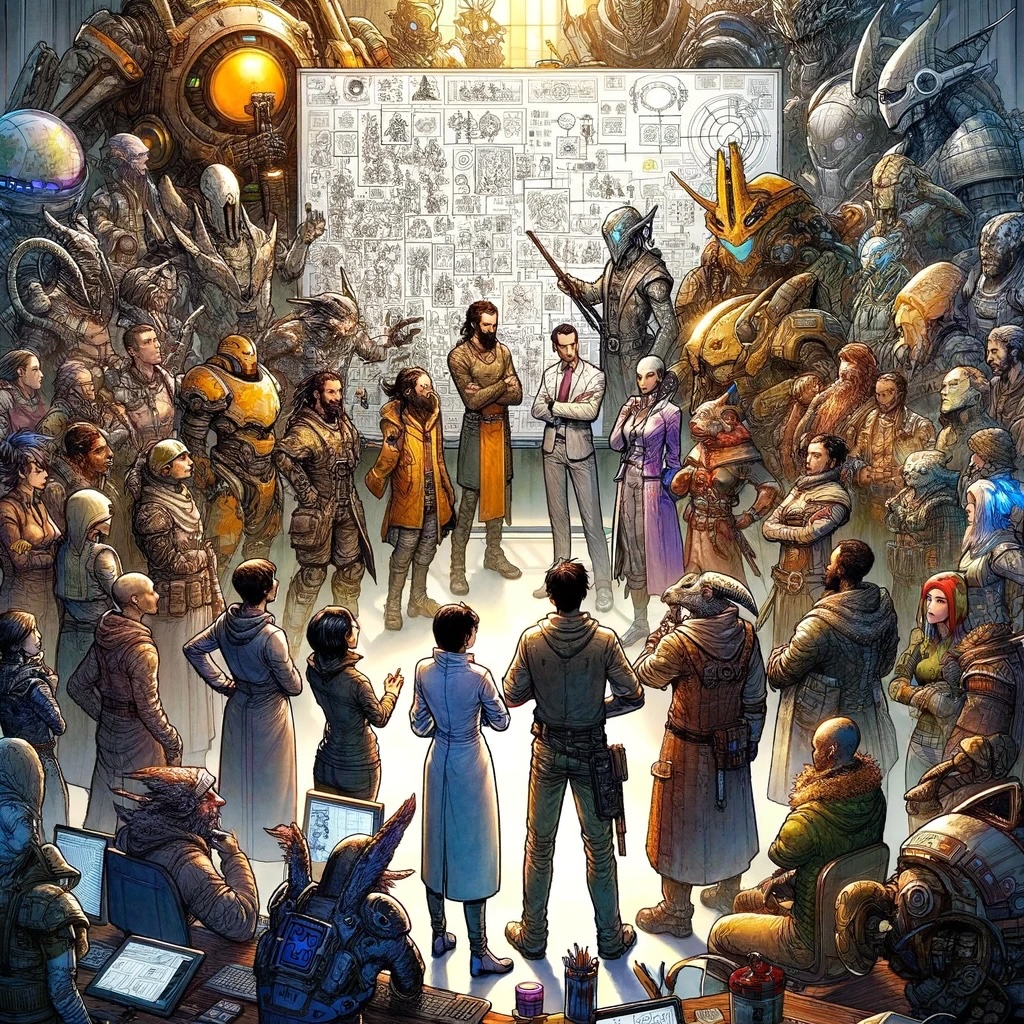
Communicative Figurations of Informal Learning in Digital Gaming (CoFi ILDG)
- Digital Gaming
- Active
- Research project
- Duration: 2017
- Project lead: Prof. Dr. Karsten D. Wolf
With the rise of participatory media over the past decades, a ‘new culture of learning’ (Gee 2008; Thomas and Brown 2011) has been described, in which people develop expertise in domains outside formal education, vocational training or structured apprenticeships. Ito et al. (2009: 17) coined the term ‘geeking out’ for media-rich informal learning processes, in other words the “…intensive and frequent use of new media, high levels of specialized knowledge attached to alternative models of status and credibility and a willingness to bend or break social and technological rules.” (Horst et al. 2009: 66). Thomas and Brown (2011: 104) argue that geeking out “promotes intense, autonomous, interest driven learning”. In other words, they describe a new level of autodidactical acquisition of expertise in self-chosen learning domains through everyday practices of advanced media appropriation in times of deep mediatization.
In the research project “Communicative Figurations of Informal Learning in Digital Gaming” (CoFi ILDG) the lab “Media & Education” explores the future of informal learning practices in a quintessential domain of innovation: Gaming. Because digital games are at the forefront of technological development, researching their communicative figurations is most promising for a deeper understanding of mediatization processes as well as technology supported learning processes.
The main research topic is to reconstruct the situative figurations of informal learning within different digital game genres and to compare them with each other.
Several subquestions are connected to the main topic:
- What are effects of game design on practices of learning?
- What are the practices, actor constellations and media repertoires of gamers learning across different gaming genres?
- What are the practices, actor constellations and media repertoires of game designers’ and programmers’ learning across different project team sizes?
- What are instructional design strategies of games to teach themselves?
- Power Structures: How do players decide what games to play and how do players’ discourse about games shape game development?
- Emergent Curricula: How do players decide, what to learn about games and how to do this?
- Digital Divide, Participation and Dis/Empowerment: How do literacies such as gaming literacy, digital literacy or basic literacy restrict/enable participation in gaming communities.
- Diversity and In/equality in Gaming Communities: What discourses emerge around which games, who is participating and who is silenced?
Although the research is focused on Digital Gaming, the underlying method of figurative situational analysis is relevant for other domains of mediatization studies. Also, by exploring pioneer communities of learning in gaming, successful patterns and strategies for teaching and learning can possibly identified.

